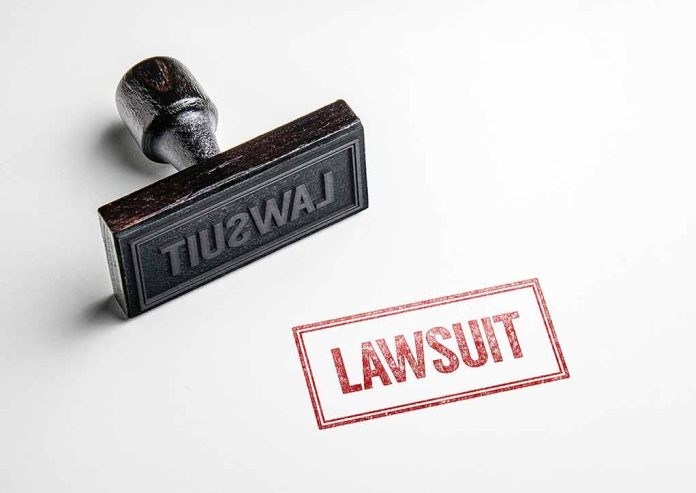
Disney’s decision to settle a $43 million gender pay discrimination lawsuit raises significant attention in the corporate quest for equal pay.
At a Glance
- Disney settles a gender-pay lawsuit involving nearly 9,000 women for $43 million.
- The lawsuit was initiated by LaRonda Rasmussen over a $20,000 pay gap.
- The settlement requires judicial approval and was reached with mediator Hunter R. Hughes III.
- Disney disputed the disparity claims but agreed to independent pay benchmarking.
Details of the Settlement
Disney has agreed to settle a class-action lawsuit alleging gender pay discrimination, paying $43 million to nearly 9,000 women employed by the company. This lawsuit was initiated by LaRonda Rasmussen, who noticed a significant $20,000 pay gap between her and a less experienced male counterpart with the same title.
The settlement covers Disney’s salaried employees in California, backdating its impact to April 1, 2015. Judge Elihu Berle granted class-action status under the California Equal Pay Act, excluding employees from ESPN, Pixar, Hulu, Fox, and FX. Plaintiffs’ attorneys can request up to one-third of the settlement for legal fees and $1.8 million for litigation expenses.
Disney has agreed to pay $43.25 million to settle a class action lawsuit that accused the company of systematically paying women less than male employees with the same experience. https://t.co/jzOsRVUxmN
— Variety (@Variety) November 26, 2024
Addressing the Allegations
The lawsuit accused Disney of systematically paying women less than men for similar roles and experience. Disney disputed these findings, referencing an internal review from 2022 that showed female employees earning 99.4% of what male employees earned. Despite these disputes, Disney agreed to employ an outside consultant and labor economist for future pay benchmarks and studies.
Judge Berle’s approval of the class-action settlement is still pending. Women in the settlement class will be notified and have the option to opt out or object. If they remain in the class, they will receive monetary compensation from the settlement.
Disney has agreed to pay $43.3 million to settle a lawsuit alleging that its female employees in California earned $150 million less than their male counterparts over an eight-year period, the plaintiffs' lawyers said in a statement https://t.co/6T5TmWVSIR
— Reuters (@Reuters) November 26, 2024
Future Implications and Industry Impact
This settlement marks a significant moment for one of the world’s largest entertainment companies, reflecting broader corporate trends towards addressing historical pay disparities. Although Disney has maintained its stance on equitable pay practices, this agreement shows a proactive step towards rectifying discrepancies.
“I believe this will help strengthen the company and its brand as a key employer and contributor to California’s economy,” plaintiffs’ attorney Lori Andrus said.
The resolution of this litigation may influence other corporations to reassess their pay practices, potentially leading to further action in support of equal pay. The ongoing discourse emphasizes the importance of transparency and fair compensation in modern workplaces.














